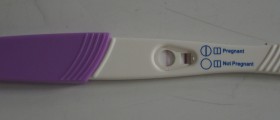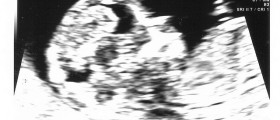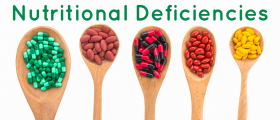
One of the most important things in pregnancy is good nutrition. Pregnant women have special nutritional needs, because they need to make sure their body can sustain all the changes that pregnancy implies and because they have to provide proper nutrition for the baby growing in their womb. For this reason, women are advised to see a registered dietitian as soon as their pregnancy is confirmed. There are some food items that should be avoided during pregnancy and there are others whose consumption must be increased in order to meet all the mother’s and baby’s needs.
Nutrition during the first trimester
In the first trimester of pregnancy, the mom-to-be is virtually bombed with hormones. This leads to certain changes and side effects, one of which is morning sickness. In order to overcome this problem, pregnant women are advised to eat smaller, more frequent meals and to avoid spicy, strong and greasy food.
On the other hand, the fetus has great nutritional needs so it can grow and develop normally. Pregnant women in the first trimester must make sure to meet all the nutritional requirements, which can be achieved by eating plenty of fresh fruit and vegetables, legumes, seeds and nuts, fish and dairy products. Eating simple but healthy meals and avoiding junk food and food with artificial additives is also very important.
It is recommended to see a doctor who will determine if the intake of any of the nutrients, for example certain vitamins or minerals, should be increased through supplements. There are special prenatal vitamins that assure the proper intake of all the essential nutrients.
Calcium intake during the first trimester
Calcium is one of the most important nutrients in pregnancy, especially in the first trimester. It is essential both for the mother and for the baby growing in the womb. As the fetus grows, its bone structure starts forming and in that process it uses the calcium from the mother’s bloodstream. However, calcium is not only essential for the bones. The fetus needs it for conduction of nerve impulses, for muscle development and for healthy and strong heart. As for the mother, if she does not take enough calcium during pregnancy, her bone structure is at risk because of the hormonal changes that occur.
In addition, there is some evidence that adequate intake of calcium may reduce the risk of pre-eclampsia.
Therefore, it is essential for pregnant women to assure adequate calcium intake not only in the first trimester but throughout the entire pregnancy. In pregnancy, the absorption of calcium increases, which means that their adequate intake is similar to that in women who are not pregnant: 1.000 to 1.200 milligrams per day, which is equivalent to three to four glasses of milk per day. It is also recommended to include calcium-rich foods in the diet, such as yogurt, cheese, spinach, broccoli and fortified foods and juices.

















Your thoughts on this
Loading...